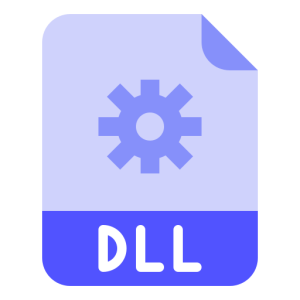Description
VCRUNTIME140D.DLL is a dynamic link library (DLL) file that is an essential component of the Microsoft Visual C++ Redistributable package. It is a debug version of the VCRUNTIME140.DLL file and is typically used during the development and debugging process of C++ applications. This DLL file contains debug symbols and additional information that aids in diagnosing and fixing programming errors and issues.
When developing C++ applications using Microsoft Visual Studio, developers often use the debug version of VCRUNTIME140D.DLL to gain access to advanced debugging features, such as breakpoints, watch windows, and step-by-step execution. These features allow developers to closely inspect the execution of their code and track down and fix bugs and issues efficiently.
VCRUNTIME140D.DLL provides the same functionalities as VCRUNTIME140.DLL but with additional capabilities for debugging purposes. It supports memory allocation, exception handling, and thread management, enabling developers to effectively diagnose and troubleshoot issues related to these areas of application execution.
It’s important to note that the “D” in the filename (“VCRUNTIME140D.DLL”) indicates that it is a debug version of the library. For deployment and normal usage of C++ applications, the non-debug version, VCRUNTIME140.DLL, should be utilized. End-users typically do not need to have the debug version of VCRUNTIME140D.DLL installed on their systems, as it is primarily used by developers during the development and testing phases.
Debugging Capabilities
VCRUNTIME140D.DLL offers several debugging capabilities that support the development and troubleshooting of C++ applications. These include:
- Debug Symbols: The DLL contains additional information, such as symbol tables and debug metadata, that allows developers to map machine code instructions back to the source code. This aids in identifying the precise location of bugs and issues.
- Runtime Diagnostics: VCRUNTIME140D.DLL can generate diagnostic information and error messages during application execution, helping developers identify potential issues, such as memory leaks or uninitialized variables.
- Advanced Debugging Tools: The DLL integrates with the debugging features of Microsoft Visual Studio, providing developers with access to powerful tools for stepping through code, inspecting variables, and monitoring memory usage. These tools greatly enhance the efficiency of debugging and troubleshooting processes.
Developer Usage
VCRUNTIME140D.DLL is primarily used by developers during the development and testing stages of C++ applications. It is commonly utilized in the following scenarios:
- Debugging Process: During the debugging process, developers link their applications with VCRUNTIME140D.DLL to enable advanced debugging features and gain insights into program execution.
- Issue Resolution: When encountering bugs or issues during development, developers can utilize VCRUNTIME140D.DLL to diagnose and fix problems related to memory allocation, exception handling, and thread management.

